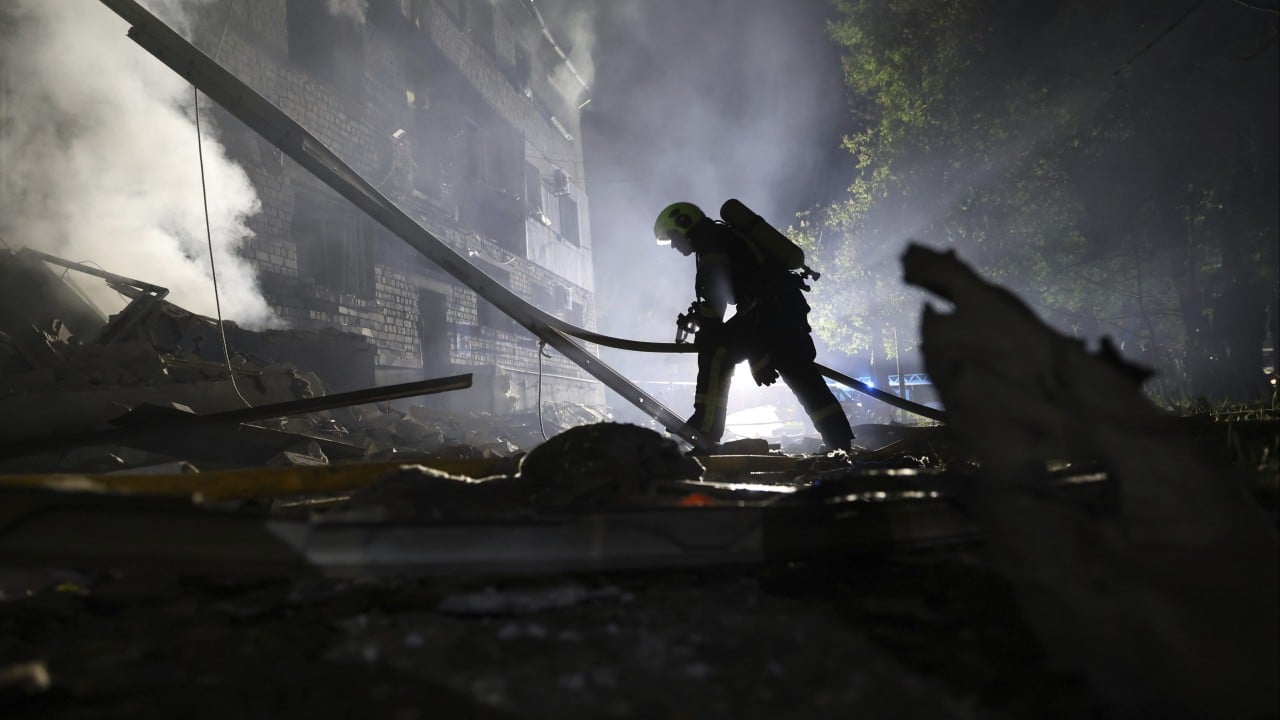For years, I have taken every opportunity to urge the European Union and its member states to invest more in defence. When Russian President Vladimir Putin launched his full-scale invasion of Ukraine, I repeatedly asked (as a member of the European Parliament) what further proof we would need to recognise the threats facing all of Europe. What would we – as Europeans – do if our security was threatened while our closest ally, the United States, was otherwise engaged?
Advertisement
Today, we confront that very situation. US officials are openly stating that they do not intend to devote most of their time or resources to dealing with what they deem European issues. According to Secretary of State Marco Rubio, the US has “other priorities to focus on”.
I agree. The global superpower has global responsibilities, and the number of flash points that might demand the US government’s attention seems only to be growing. In addition to challenges in the Western hemisphere, instability in the Middle East and severe tensions between two nuclear powers – India and Pakistan – there is also the paramount goal of redefining relations with China. Moreover, the US can no longer fight more than one major war at a time.
The US has been communicating its position plainly. “We’re also here today to directly and unambiguously express that stark strategic realities prevent the United States of America from being primarily focused on the security of Europe,” Defence Secretary Pete Hegseth announced in Brussels this February.
And US Vice-President J.D. Vance was even more direct, stating that “Europe’s entire security infrastructure … has been subsidised by the United States of America”, even though it is neither in Europe’s nor America’s interest “for Europe to be a permanent security vassal of the United States”. Donald Trump has accused Europe of “freeloading” and taking advantage of the US.
Advertisement
Europeans may not like what we hear, but we cannot pretend not to hear it. We must be prepared for the US to wash its hands not only of Ukraine, but even of Europe. Le Monde’s Sylvie Kauffmann recently argued, “Preparing for the worst is a safer bet than hoping for the best.” We can and should do both – hope and prepare.

